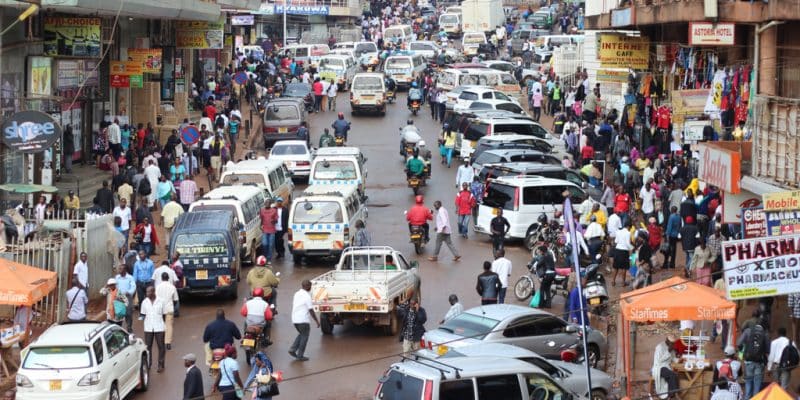The Republic of Korea is supporting waste management in Uganda through a new project it is backing in the capital Kampala. Its implementation will require an investment of 8.7 billion Ugandan shillings, about $2.3 million.
Waste management may well improve over the next two years in the city of Kampala, Uganda. The Republic of Korea, in collaboration with several partners, including the Global Green Growth Institute (GGGI), is implementing a waste management project in the Ugandan capital.
The aim is to strengthen waste management services for Kampala’s 3.6 million inhabitants. The city produces between 1,200 and 1,500 tonnes of waste per day, according to the Ugandan authorities.
A $2.3 million investment
To improve sanitation in Kampala, new facilities will be built, including wastewater treatment and sludge drying plants. The project also includes the construction of solid waste collection and treatment centres in several municipalities in Kampala.
Read also –
The project will be financed with 8.7 billion Ugandan shillings (about US$2.3 million) from the Republic of Korea. After the Ugandan capital, the waste management project is expected to expand to other cities in the East African country. The initiative is part of the third National Development Plan III (NDP). This is the third in a series of six plans that will guide Uganda in achieving the aspirations set out in the country’s Vision 2040, on green and sustainable growth.
Inès Magoum






